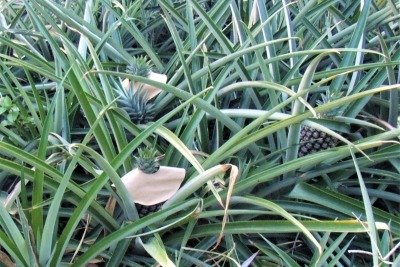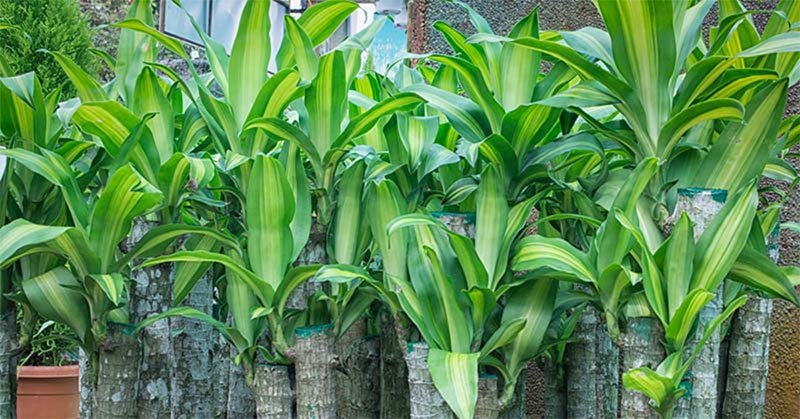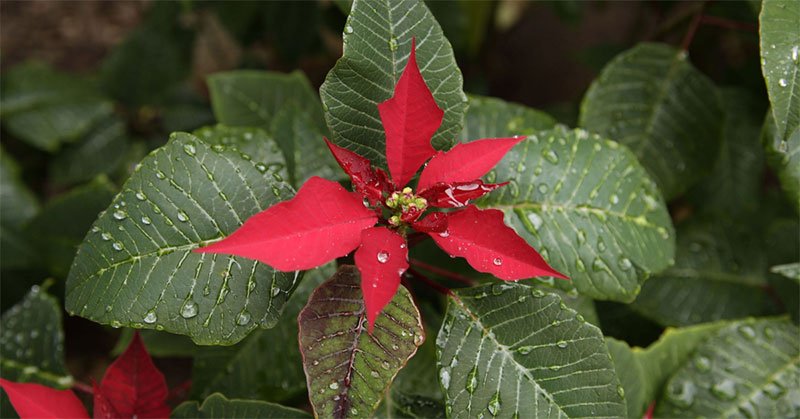Plant propagation is the branch of horticulture that deals with the deliberate (or intentional) production of new plants using various starter materials (e.g. organs, tissues), including their intensive but temporary care.
It is primarily practiced to produce seedlings or clones of nursery crops for outplanting, or for planting in containers for display or decor, or other uses.
Nursery crops are those which commonly require the use of pre-grown planting materials for outplanting, or field planting.
A plant nursery is a place where seedlings, clones, and potted plants are raised temporarily under intensive care.
The basis of plant propagation is totipotency, the capability of cells to regenerate missing parts and, subsequently, an entire organism.
Applied to plants, it means that any live part that is separated from the parent plant is composed of live cells, can possibly produce missing organs of an intact plant, such as roots and shoot, and give rise to an entire plant.
It means that all plant organs with live cells, such as seeds, stems, etc., either intact or segmented, are potential propagules, or propagating materials.
Read more



